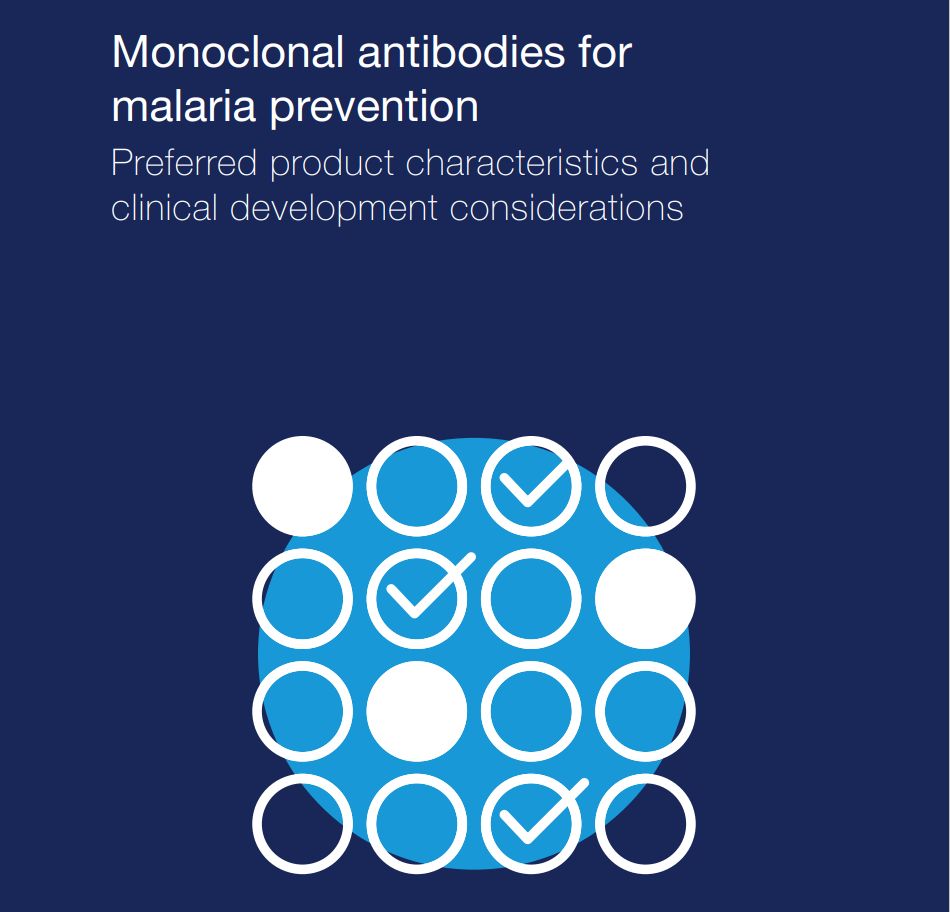
Passive immunization through monoclonal antibodies (mAbs) could potentially provide immediate protection against malaria. To guide the development of urgently needed health products, WHO has published preferred product characteristics (PPCs) for mAbs in malaria prevention. These PPCs aim to reduce morbidity and mortality in infants and children due to Plasmodium falciparum, and highlight the preferred characteristics and clinical development considerations for mAbs in this area. This is an exciting development alongside the development of new malaria vaccines and chemoprevention drugs.
Recent Posts
Pharmaceutical Tender Investigation Sparks Regulatory Scrutiny in South Africa
Pharmaceutical Tender Investigation Targets Ascendis, Pharma Q, and Sonke
The Competition Commission of South Africa has launched a pharmaceutical tender investigation into manufacturers Ascendis, Pharma Q, and...
South Africa Health Reform: Navigating Innovations and Challenges for 2026
South Africa Health Reform: Contrasts in 2026 Public Health Agenda
South Africa health reform defines the 2026 public health landscape as a mix of breakthroughs like HIV prevention injections and AI-driven TB diagnos...
Enhancing Patient Safety in Africa’s Healthcare Transformation
Prioritizing Patient Safety Africa in 2026 Trends
Patient safety Africa stands at the forefront as regulatory bodies drive healthcare self-reliance amid global shifts. A recent article (linked below) outlines five pivotal trends pro...